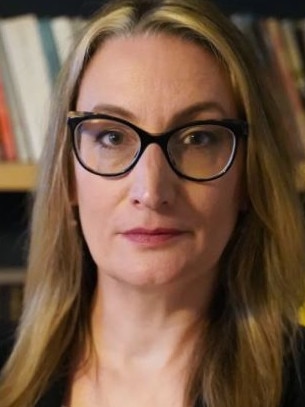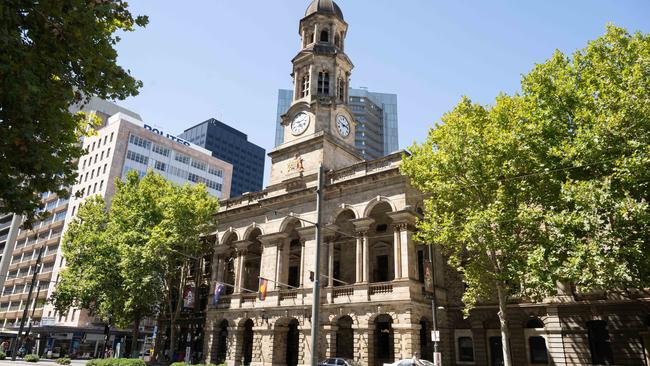SA Ombudsman Emily Strickland’s 2023-24 annual report reveals Housing Trust SA and Corrections the most complained about bodies
A homeless person who was set to be released from hospital after amputation surgery had their request for help from multiple agencies left unanswered, the SA Ombudsman has revealed.

SA News
Don't miss out on the headlines from SA News. Followed categories will be added to My News.
A correctional services officer using the prison intercom to harass, abuse and attempt to counsel an inmate into suiciding was one of thousands of complaints made to the SA Ombudsman last financial year.
In another example, a homeless person living with a disability and severe health issues, was to be released from hospital following amputation surgery and their request for help from multiple agencies went unanswered.
Ombudsman Emily Strickland detailed the cases in her annual report, which highlighted her office received 4634 complaints in 2023-24 – up more than five per cent on the previous year and 21 per cent since 2020-21.
The office completed 4507 matters, including 273 misconduct and maladministration matters which included reports about six unnamed ministers and members of parliament.

Government agencies made up the majority of the complaints with 2761 recorded, while 1108 complaints were made about local government and 764 referred to “other authorities”.
The SA Housing Trust was responsible for 19 per cent of all gripes made to the Ombudsman (892), followed by the Correctional Services Department which recorded 609 complaints, 531 of which were by prisoners.
The majority of SAHT complaints related to maintenance issues and delays in responding to work requests, also disruptive tenants and housing allocations.
“It is noted the SAHT receives in excess of 150,000 requests for maintenance each year and that the agency has introduced a number of initiatives to improve service in this area during the reporting period,” Ms Strickland wrote in her report.
“However, this office remains concerned about delays in required maintenance and will continue to monitor the agency’s systemic responses to these issues.”

Several complaints involved people at risk of homelessness which were resolved early, including the client who had amputation surgery and whose emails to multiple agencies requesting assistance went unanswered.
Following urgent enquiries by the Ombudsman’s office, the housing trust arranged suitable accommodation, Ms Strickland wrote.
While prison complaints comprised of a significant proportion made to the office, complaints about the department had decreased by 12 per cent on the previous year.
Issues raised included custodial services, prison management and prisoner discipline.
In the vast majority of cases, the department provided a satisfactory response, resolved the issue promptly or conducted an investigation which was monitored by the Ombudsman.
At the time of the complaint to the Ombudsman about an officer harassing an inmate and attempting to counsel them into suicide, the department was already investigating.
The allegations were substantiated and the officer resigned during the investigation and was placed on the Commissioner for Public Sector Employment’s employment register.
The ombudsman was satisfied the department handled the case appropriately – it was one of 40 agency investigations that was monitored by her office.
Adelaide City Council was the most complained about council recording 104 complaints, followed by West Torrens (84), Onkaparinga (78) and Mitcham (59) councils.

In one complaint, the Ombudsman determined a council did not follow the appropriate recruitment process for a recent hire as it was done without a merit-based selection process.
The council acknowledged the position should have been advertised and agreed to review its recruitment policy.






